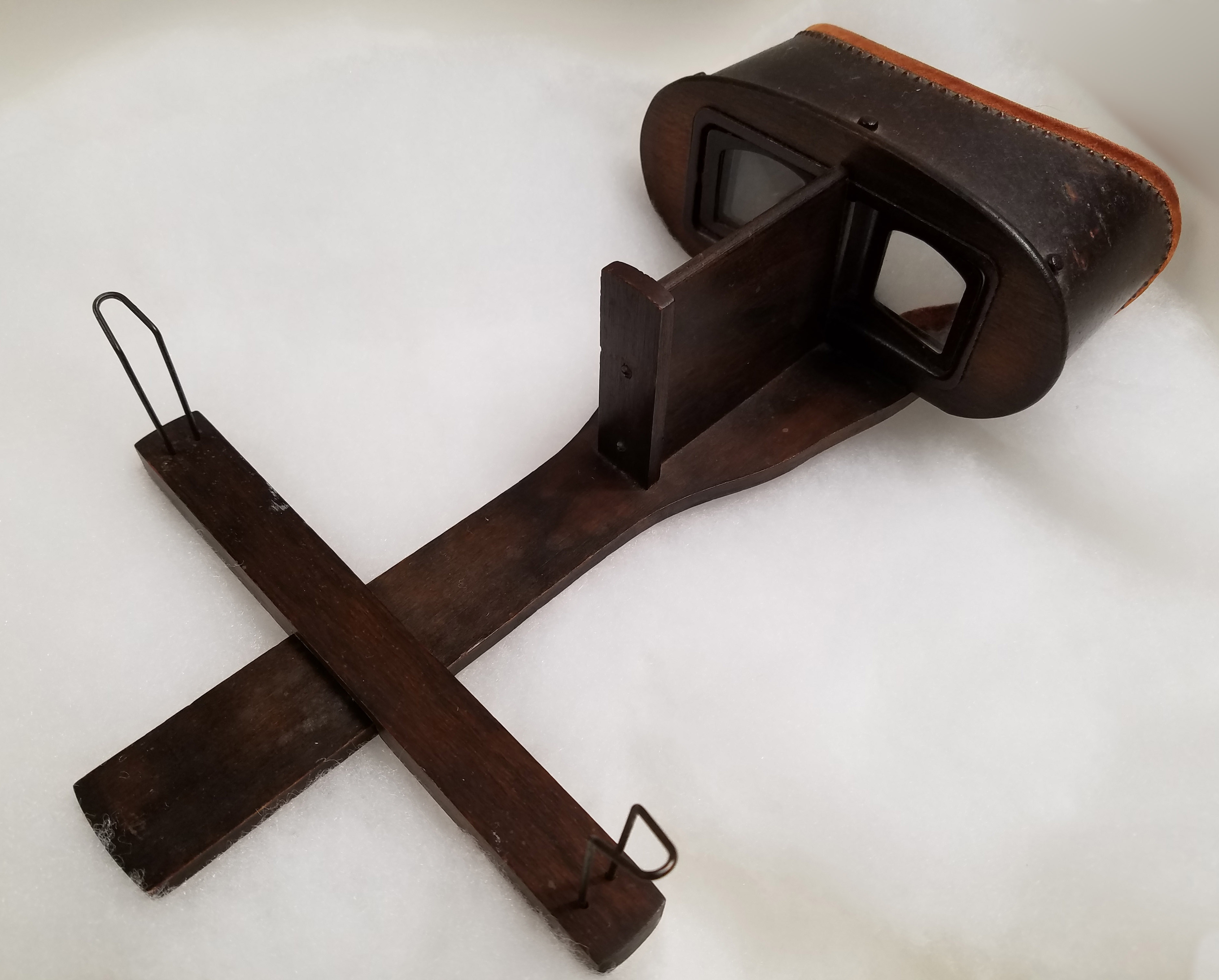Sheldon Goldman Papers
An accomplished and distinguished scholar of politics and the federal judiciary, Sheldon Goldman is also one of the longest-serving faculty members at the University of Massachusetts, having taught in the department of political science (known as the department of government until the early 1970s) from 1965 until his retirement in 2020. He earned his bachelor’s degree from New York University and his master’s degree and Ph.D. from Harvard. Goldman is known and lauded as much for his influential research and writings on federal courts, the politics of federal judicial selection, and constitutional politics, as for his teaching and mentorship of his students. Among his honors are several awards for outstanding teaching and the Chancellor’s Medal. He is the author of Picking Federal Judges: Lower Court Selection from Roosevelt Through Reagan and many other books and articles and has been interviewed on national news programs and in major publications.
The Goldman Papers document Goldman’s intellectual and pedagogical life and contributions as well as the evolution of UMass Amherst’s political science department. The collection includes correspondence, research notes, and administrative materials, along with copies of Goldman’s own publications and publications in which he is interviewed or quoted.


